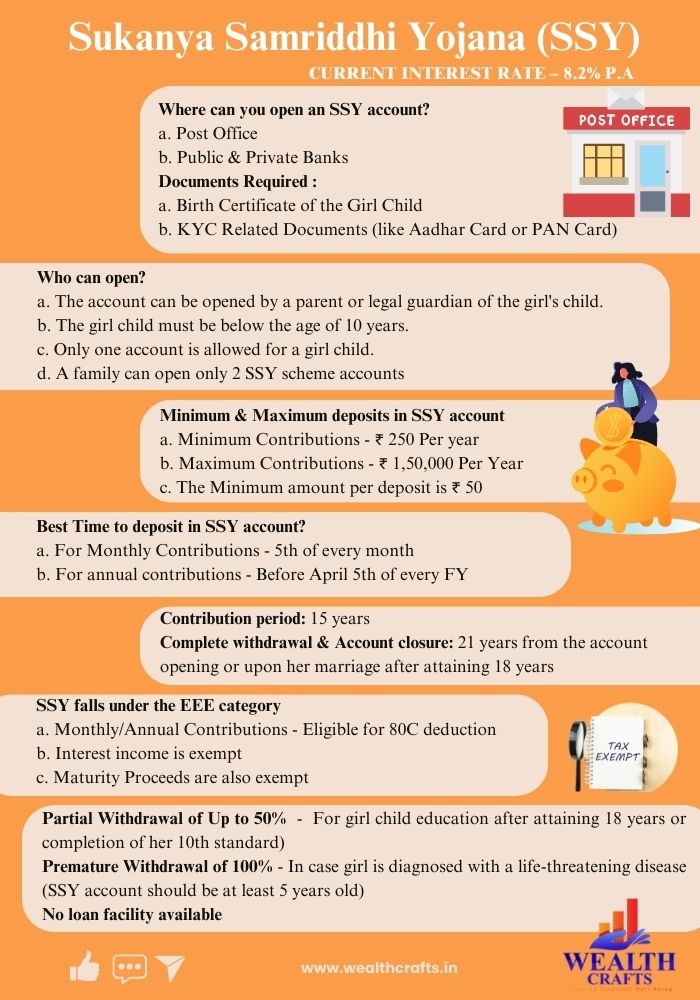The finance ministry has sharply cut the interest rates on small savings schemes including the Public Provident Scheme (PPF), Post Office Term Deposits, National Savings Certificate among others. The rates have been lowered in the range of 0.7% -1.4% and will be valid between 1st April 2020 and 30th June 2020. Rates for small savings schemes are revised on a quarterly basis and this is the first rate revision since July 2019.
The below table show the revised rates applicable on small savings scheme from 1st April 2020 to 30th June 2020:
| Small Savings Scheme Instrument | Rate of Interest (%) 01/01/2020 to 31/03/2020 | Rate of Interest (%) 01/04/2020 to 30/06/2020 | Reduction (%) |
| Post Office Savings Account | 4 % | 4 % | 0% |
| Post Office 1 Yr Term Deposit | 6.9 % | 5.5 % | 1.4% |
| Post Office 2 Yr Term Deposit | 6.9 % | 5.5 % | 1.4% |
| Post Office 3 Yr Term Deposit | 6.9 % | 5.5 % | 1.4% |
| Post Office 5 Yr Term Deposit | 7.7 % | 6.7 % | 1% |
| Post Office 1 Yr Recurring Deposit | 7.2 % | 5.8 % | 1.4% |
| Senior Citizen Savings Deposit | 8.6 % | 7.4 % | 1.2% |
| Monthly Income Account | 7.6 % | 6.6 % | 1% |
| National Savings Certificate | 7.9 % | 6.8 % | 1.1% |
| Public Provident Fund Scheme | 7.9 % | 7.1 % | 0.8% |
| Kisan Vikas Patra | 7.6% (113 months) | 6.9 %(124 months) | 0.7% |
| Sukanya Samriddhi Account Scheme | 8.4% | 7.6% | 0.8% |
The government has been closely monitoring the interest rates on these instruments and has also been listening to various committees who have recommended it to link the rates on these instruments to market rates and base them on the 10 year government bond yields. When looked from this angle, the rates on these instruments still seem to be high as the 10 year government bonds are currently yielding around 6.0% – 6.5%. If the present scenario persists, we can expect a further decline in these rates in the coming quarters.
This is going to cause more pain for investors with debt heavy portfolios as their earning will come down significantly. Naturally, this may cause discomfort for conservative investors and put them at a risk of not being able to meet their day-to-day requirements. It would be a good time to re-assess your risk appetite and re-align your portfolios and make room for equity investments if permitted.
For senior citizens with no secondary source of income it would be prudent that they re-look at their expenses and make necessary adjustments as equity investments may not be suitable for them. For young adults who have long duration at hand, it would be better to allocate more to equity instruments if their risk profile suits such investments. Periodic risk assessment with the help of your Registered Investment Adviser would help you arrive at the ideal asset allocation.
Approach our Fee Only Financial Planner for a FREE risk profiling assessment for yourself and arrive at the ideal asset allocation for your investments.




